In 1959, Robert Bloch published a novel about a young man named Norman Bates titled Psycho. Norman is the caretaker of an isolated roadside motel, slowly dying in the face of the progress shifting the attention of motorists away from their location. Norman seems nice enough, except for the fact that he has a torturous relationship with his dead mother, enjoys peeping, and has a bad habit of murdering people for a variety of reasons.
Were it not for Alfred Hitchcock, and the film adaptation which came out a year later in 1960, I have a hard time believing the book, which was certainly popular with readers, would be significantly remembered today. It’s a very good book, with Bloch himself writing dozens of novels, short stories, and screenplays over a lengthy career, but it obviously doesn’t come with the unique visual power that Hitchcock brought to his best films.
The success of Psycho was immediate and overpowering in our culture. It was the film’s success which eventually led to sequel novels by Bloch, an unsuccessful TV movie/pilot, several sequels, a shot-for-shot remake, a successful TV series, a pretty good biopic about the making of the film itself (with Anthony Hopkins as Hitch), and more.
Why has this been the case? Some people haven’t seen these sequels or other variations simply because they cannot imagine topping the perfection of what is perhaps Hitchcock’s most famous film at this point. Are any of these sequels and spin-offs even any good?
For the most part, yes. While nothing can really top the technique, performances, and other qualities which make the 1960 original an icon of cinema, the story of Norman Bates, played for the most part by the great Anthony Perkins, has shown surprising mileage through the decades.
As we run down every Psycho film from worst to best, expect a range of movies which generally add some interesting pieces to the larger puzzle of the Bates family saga. Even the infamous 1998 remake has something to show us.
If nothing else, the fact that while other actors have done interesting things with Norman, no one will likely ever come close to Anthony Perkins.
For better, and somewhat for worse, Norman Bates would dictate the rest of Perkins’ life. Focus on that relationship above all else, as we move through this ranking of all the Psycho movies.
Psycho Movies Ranked
6. Bates Motel (1987)
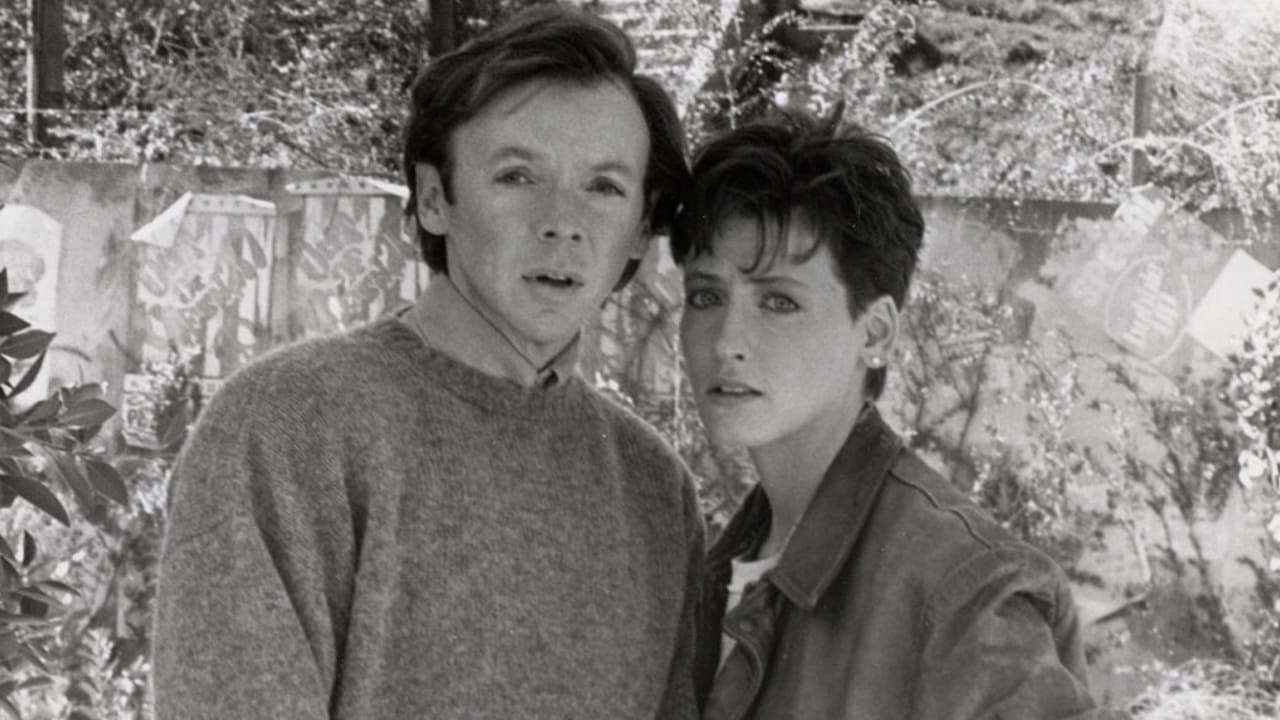
Director: Richard Rothstein
A TV movie that never got beyond the pilot stage, Bates Motel is an interesting idea, complete with a very good cast, but is almost unwatchable in the execution. The fact that Norman Bates is dead in this story, with the plot focusing on a new owner of the motel (Bud Cort, who has never disappointed as an actor, and doesn’t do so here either), is one of many components I just cannot embrace.
Exploring the ghost of Norman Bates, even just from a metaphorical standpoint, isn’t a bad idea in of itself. Unfortunately, this film doesn’t delve as deeply as we would like, presumably because the plan was to do that in piecemeal if the pilot had gone to series. We can only judge what we have, and what we ultimately have is just a jumble of different ideas and characters who happen to be around the Bates Motel.
These various elements never quite come together, but that doesn’t make Bates Motel a waste of time by any means. Bud Cort, who could have very easily played a very interesting Norman in his own right, remains compelling as a character from start to finish. His scenes with Lori Petty, Moses Gunn, and Gregg Henry, all of whom are fine, keep this movie more interesting than it has any right to be.
You also have Kurt Paul in a few scenes as Norman. Anthony Perkins’ stunt double for several Psycho movies, Paul’s performance is not without merit. It’s pretty good, particularly, as you might imagine, in the physicality. We just don’t spend any real time with him — yet another flaw that keeps Bates Motel from the chance to be a grade above the average TV movie from this era.
Bates Motel is interesting, but you should expect your interest to be frustrated at every turn. The only people who might enjoy this are Norman completists, or anyone who is particularly fond of Bud Cort and/or Lori Petty.
5. Psycho (1998)
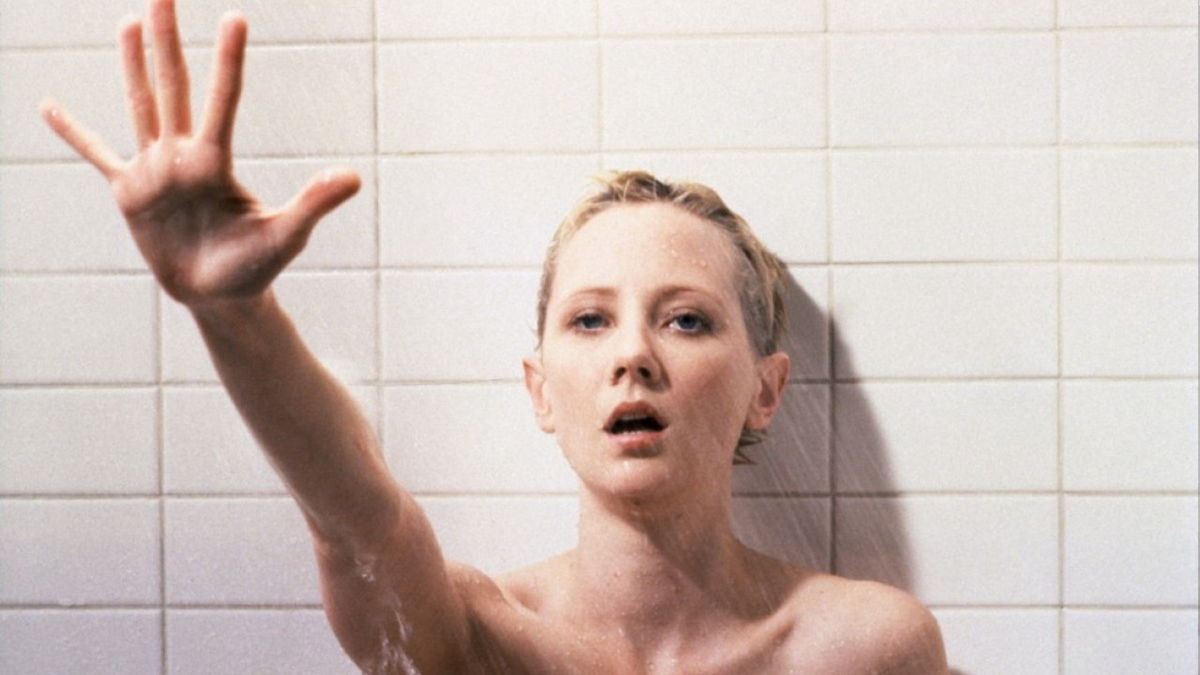
Director: Gus Van Sant
Is the once-controversial 1998 remake of Psycho truly the worst remake of all time?
Some still seem to believe that. Gus Van Sant using his Oscar glow from Good Will Hunting (well, that’s my theory anyway) to recreate Alfred Hitchcock’s classic thriller shot-for-shot and in color is still treated with immediate and aggressive disdain by some. It has been called crass, a greedy cash grab, and completely pointless in every conceivable way.
Well, it might be a tad pointless. However, it seems unlikely that at any given point in what amounts to a very expensive experiment in recreating a film to the exact, Gus Van Sant thought he was going to outdo a director widely regarded 40 years after his death as the master of suspense.
You could make the argument that going this far to see what would happen if you remake a classic film beat for beat is a little pretentious. However, that doesn’t make it any less interesting. When you accept that this movie cannot possibly damage the reputation of the original, what you’re left with is whether you can appreciate the experimental aspect of all this.
While obviously an inferior copy, it is all the same compelling to watch actors like Anne Heche, Julianne Moore, and William H. Macy (among others in what amounts to a very stacked cast) reenact this story.
Of course, none of those people are going to perform the scenes and dialog in the same way as the cast of the original. It doesn’t hurt the original to deconstruct and compare one set of performances to the other.
Some of those performances in this remake are ultimately pretty good. Vince Vaughn creates a Norman Bates who doesn’t quite have the definitiveness of Anthony Perkins’ take. At the same time, there is enough of a character study from Vaughn here to at least anchor the film. Vaughn, no stranger to playing dangerous, unstable killers, does a better job than he generally gets credit for.
Anne Heche, playing Marion Crane (originally played by Janet Leigh) also probably deserves at least a little more respect for what she tried to do, than what she has generally received over the years.
Everything from the original Psycho film is essentially here, yet it doesn’t quite work as well as it did the first time. That’s to be expected, but it’s a feeling you’re never fully able to shake. Other than any interest you can develop in the general concept of a unique remake approach, there isn’t much to go on with 1998’s Psycho.
In other words, while I would suggest giving this movie a watch for the reasons mentioned above, you’re not really missing anything if you don’t. This movie never shakes the specter of unnecessary, no matter how fascinating and well-made it might be sometimes.
4. Psycho IV: The Beginning (1990)
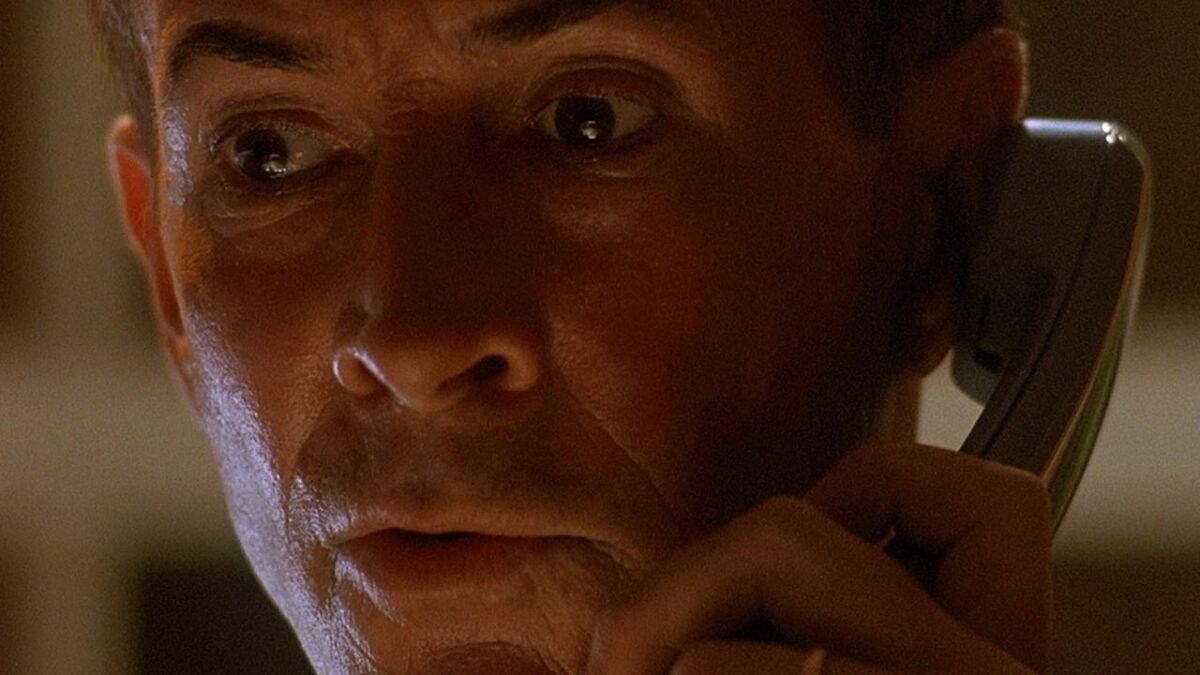
Director: Mick Garris
As 90s premium cable exclusive movies go, Psycho IV: The Beginning is pretty darn good. Using Norman Bates (Anthony Perkins, still electrifying in the role even at this point) calling a radio talk show host (the great CCH Pounder) as a formidable setup, the film delves into Norman’s past by creating a thread that can be easily followed along to the present day.
Psycho IV benefits from some solid building of Norman’s history. Joseph Stefano, the original Psycho screenwriter, returned to write a script that not only gives Perkins’ Norman something to do in the present, but also creates a past that comes across as something that really does feel like it’s connected to the first film. Director Mick Garris also strikes the right balance of horror and human drama for much of the film, respecting the foundation of Stefano’s material, while bringing his own high-energy style to create an entertaining movie.
What also works in Psycho IV’s favor is the cast. Perkins and CCH Pounder are both enjoyable from start to finish, creating genuine tension and chemistry despite never being in the same room. However, depending on how you feel about over-the-top hysteria, the real stars of Psycho IV might be Henry Thomas (E.T., Gangs of New York) and Olivia Hussey (Black Christmas, Quest of the Delta Knights).
As a younger Norman Bates and a very-keenly-alive Norma Bates respectively, Thomas and Hussey create a captivating, extremely uncomfortable dynamic. Their performances, particularly Hussey’s, can sometimes get a little far into comically melodramatic. That hurts this film a bit, but they are nonetheless commendable for creating characters who fit well and add depth to what we already know.
Unfortunately, while Psycho IV at least suggests an interesting fifth chapter, we never got it. Tragically, Anthony Perkins, who excelled beyond Norman in films like The Trial and The Life and Times of Judge Roy Bean, would pass away in 1992 of AIDS-related pneumonia as a casualty of the disease at a time when it was still barely understood.
Would Perkins have continued to play Norman, had he lived? Probably. And it would have at least been fun. Psycho IV isn’t quite as good as the next three entries on this list, but it’s at least a showcase for Perkins’ growth with his most famous character.
3. Psycho III (1986)
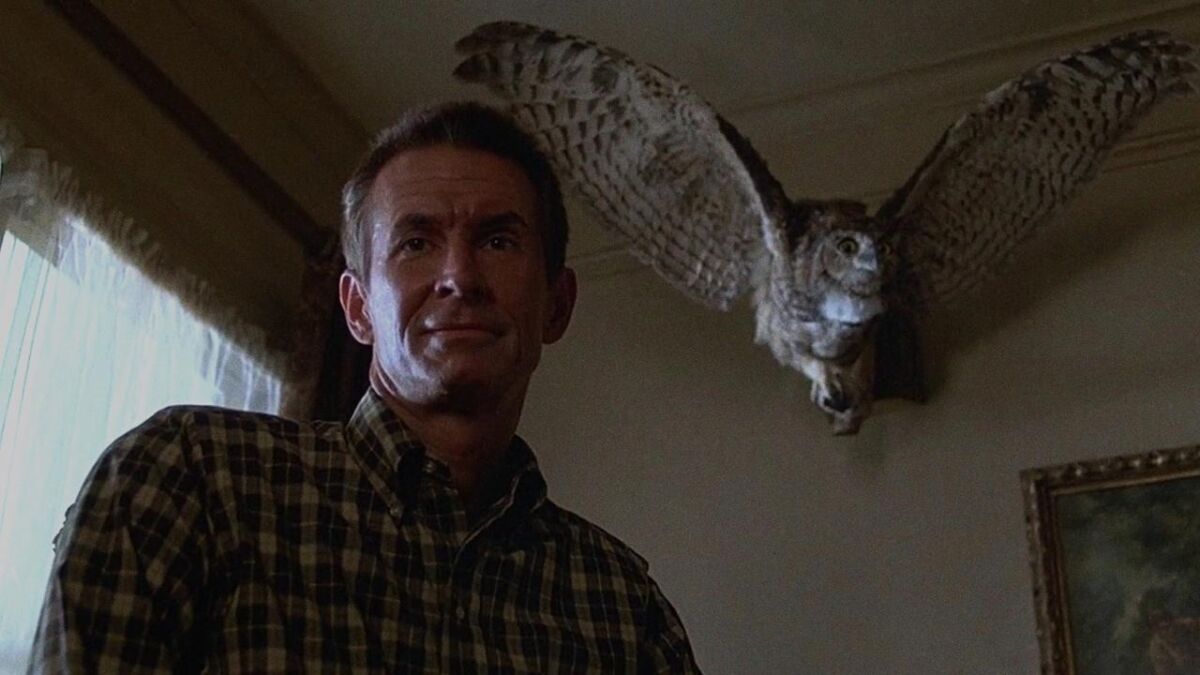
Director: Anthony Perkins
By 1986, Anthony Perkins seemed to be in a good place with Psycho and Norman Bates. Although he leaned a little more into comedy with the theatrical sequels released during the 1980s, including this third installment, which he directed, there’s no question that Perkins still took the portrayal very seriously.
So seriously that he was willing to do a variety of different things to push the character into different directions. Across a very busy Psycho III, Norman contends with a dangerous drifter (a wild-eyed Jeff Fahey at his best) and an unbalanced former nun (Diana Scarwid, who deserves perhaps more than being remembered simply as Joan Crawford’s kid in Mommie Dearest). He also has to deal with a murder from the previous installment.
Along the way, Perkins, clearly obsessed with doing right by the foundation he and Hitchcock created almost 30 years earlier, takes advantage of the opportunity to be a filmmaker with a decent budget. As such, Psycho III is sometimes a whirlwind of homages to other films, as well as Perkins’ own ambition to take Norman and the Bates Motel to a different cinematic mode entirely.
For the most part, Psycho III succeeds in standing out from the very crowded field of slasher and other horror movies being released in this period. The film realistically accepts that it must compete with these films, as 1986 was one of the best years for the slasher film in particular. To that end, Psycho III provides a tone of violence and mayhem that makes it quite different from the first movie.
That is absolutely fine. Psycho III doesn’t stray so far from Hitch’s film that it becomes unrecognizable. While it is sometimes a bit too slow, and slightly too ambitious in its story, various plots, and characters, Psycho III is an interesting hybrid of contemporary filmmaking, and something that gets close to experimental at times.
It’s not a perfect film by any means, but it’s a better-than-average sequel. You could also look at Psycho III as an intriguing indication of what Perkins could have done with further directing work.
2. Psycho II (1983)
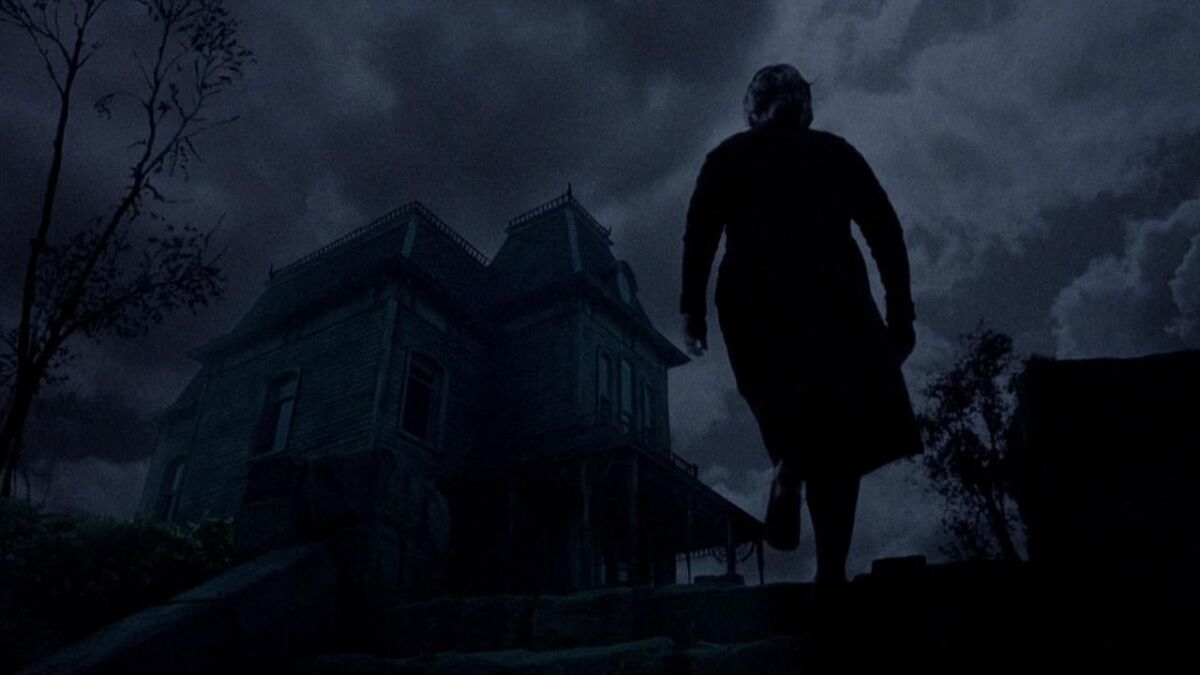
Director: Richard Franklin
While the first Psycho is an unmatched masterpiece, particularly within its own franchise, there is something about Psycho II that makes it, perhaps, more entertaining.
With Anthony Perkins returning to the role of Norman after 23 years, the role that had defined his entire career from 1960 to the present day, the film has its anchor. This allows director Richard Franklin, as well as everyone else involved, to create their own stamp on this series. No one is trying to outdo Hitchcock here, and no one is trying to make the exact same movie twice.
Instead, the film makes good use of key elements from the first Psycho that work as pure entertainment. This is combined with Perkins clearly being given space to play Norman Bates as he sees fit. This version is someone who has been let out of the mental institution after 20 years and change. It might be questionable to make Bates a sympathetic figure, but it works if you’re willing to stretch yourself a bit.
While perhaps gentler, this Norman Bates can still be as terrifying as the scene demands it.
The other secret weapon in Psycho II, beyond a fantastic supporting cast, is Meg Tilly. While not as active in film and television as she once was, Tilly has worked well with intense, fixated, and wonderfully unsettling women. Her relationship with Norman, which begins as genuine friendship before taking some decidedly strange (but enjoyable) turns, is the single most captivating, driving force behind this movie. Tilly grounds a character who, on paper, is perhaps a little preposterous.
In short, Meg Tilly’s performance here is easily the 2nd best performance in this entire series.
Also, it has to be said that Psycho II probably features the dumbest Sheriff in film history. Not a knock on the actor, it just gets a little ridiculous trying to figure out what that man considers a possible crime.
1. Psycho (1960)
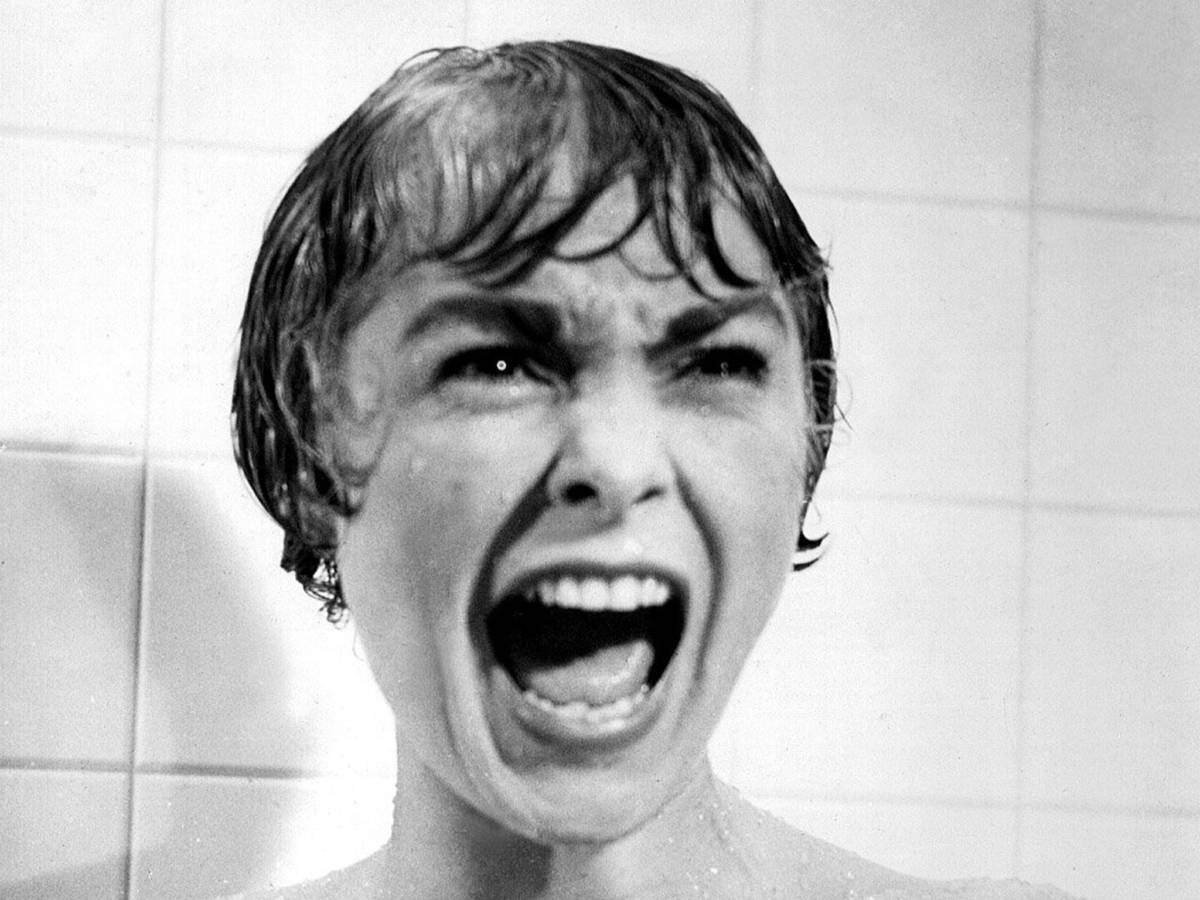
Director: Alfred Hitchcock
Writing about Psycho is more than a little daunting at this point. Is there even anything left to say about a film widely considered and discussed as one of the greatest of all time?
Even now, this movie has an active existence in our media consumption. Kids are still watching Psycho. If you watch movies with any sort of frequency, the odds are decent that, eventually, someone will at least tell you to watch this film.
The story of Marion Crane (Janet Leigh) picking the worst possible place to stay after stealing $400, 000 from her boss, Psycho starts out with one of the best first acts ever committed to the screen. Even with the understanding that her story is about to change very, very abruptly, the iconic shower scene and dramatic shift from everything we have experienced up to that point still has an overwhelming vibrancy to it.
Who cares if you already know what’s coming? The build up and execution of that opening is still riveting in every conceivable way. Anthony Perkins’ performance as Norman is immediately fascinating and mildly troubling. That feeling grows in perfect harmony to the music, writing, editing, set design, and other pieces of the movie. Janet Leigh doesn’t have a lot of screen time, relatively speaking, but she builds a character whose death is destined to mean something to us.
With Marion’s death, the movie quite simply just continues to move beyond simply being good. Hitchcock isn’t alone on the list of who made Psycho a masterpiece — not by a long shot. Still, it is impossible to deny that this movie has his distinctive touch.
All due respect to The Birds, but Psycho is the last Hitchcock film you can reasonably call perfect. It is a masterclass of technique and pacing, but also very clearly benefits from a strong script by Joseph Stefano.
Psycho is also formidable when simply taken as pure entertainment. Don’t worry about literally anything but responding to this movie. If you don’t like it, you don’t like it, but you will not be bored.
READ NEXT: The Modern Horror Books
Some of the coverage you find on Cultured Vultures contains affiliate links, which provide us with small commissions based on purchases made from visiting our site.
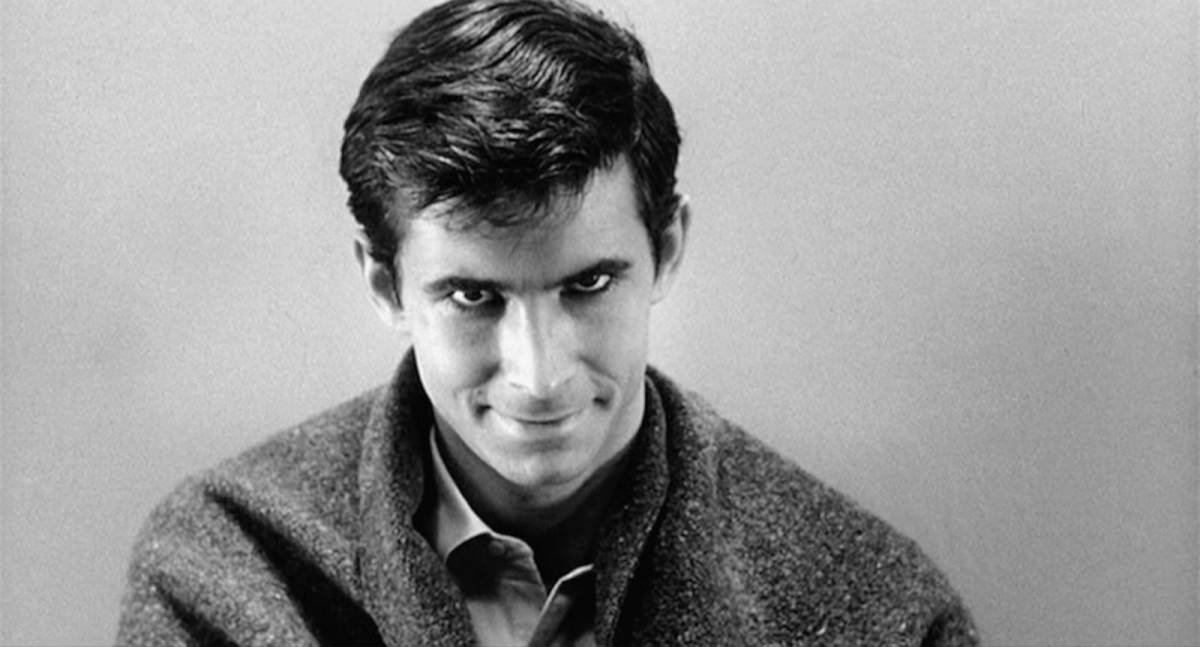

![Psycho IV: The Beginning [Blu-ray]](https://m.media-amazon.com/images/I/41UODzIATzL._SL75_.jpg)
![Psycho III (Collector's Edition) [Blu-ray]](https://m.media-amazon.com/images/I/51hDwz1iykL._SL75_.jpg)
![Psycho II [Blu-ray]](https://m.media-amazon.com/images/I/41YCnnymF9L._SL75_.jpg)
![Psycho (1960) [Blu-ray]](https://m.media-amazon.com/images/I/517COyYUtmL._SL75_.jpg)
